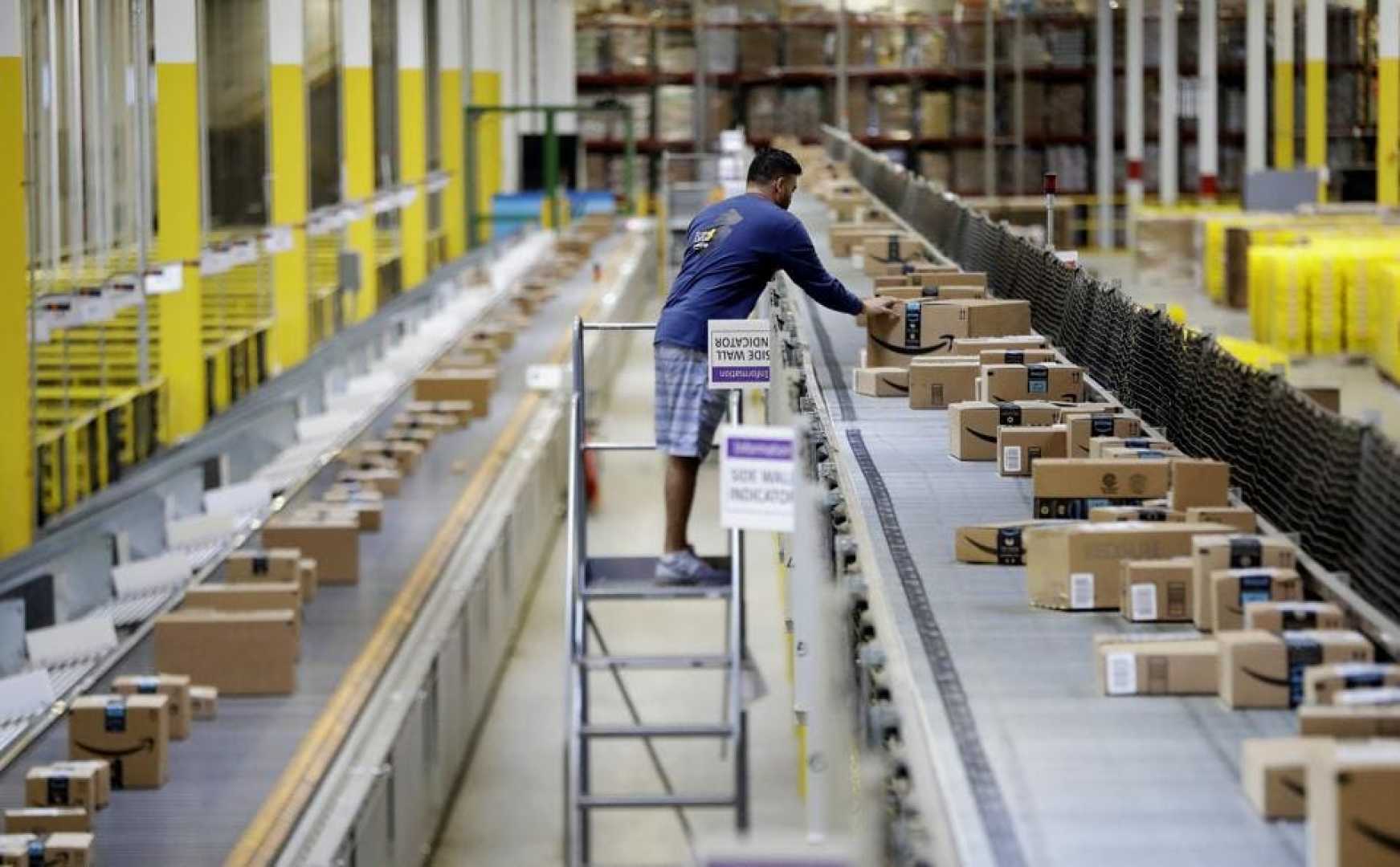Business
Amazon Sellers Battle Rising Tariffs, Adjust Prices Ahead of Prime Day

NEW YORK, July 11 – Amazon sellers are feeling the heat as tariffs on Chinese imports rise sharply, forcing them to rethink their pricing strategies ahead of Prime Day. Aaron Cordovez, co-founder of Zulay Kitchen, shared that his company is scrambling to shift production from China to countries like India and Mexico. This move is in response to the 145% tariffs impacting goods imported from China as the trade war intensifies.
“We’re making our inventory last as long as we can,” Cordovez stated in an email. Zulay has already raised prices on several products, including its popular kitchen strainer, which went from $9.99 to $12.99.
As the tariffs continue to climb, many other Amazon sellers are also increasing prices. E-commerce analysis firm SmartScout reported that nearly 930 products have seen a price jump averaging 29% since April, affecting a wide range of categories such as clothing, electronics, and household items.
Amazon responded to these claims, stating that the price increases only reflect a small portion of their inventory. The spokesperson noted that the company has not observed significant price changes outside of normal fluctuations.
However, the reality for sellers is challenging. Many are forced to either raise prices or absorb the higher costs, which can threaten their already thin profits. CEO Andy Jassy mentioned that while Amazon aims to keep prices low, some third-party sellers will inevitably pass on costs to consumers.
Some sellers are taking drastic measures to mitigate losses. Cordovez has cut his workforce by 19% and slashed online advertising spending by 85% to cope with escalating costs. Similarly, Joe Stefani, president of Desert Cactus, is also facing tough decisions as he looks to move production away from China while raising prices to maintain profitability.
In the build-up to Prime Day, which is expected to spread over four days in July, sellers are becoming conservative with their discount offerings. As many turn away from participating, the event’s future could look different than in years past.
The uncertainty influencing these decisions stems from ongoing trade negotiations between the U.S. and China, as President Trump suggested recently that tariffs may be reduced, though officials from Beijing have refuted these claims.
The situation is dynamic, and with upcoming earnings reports and ongoing tariff discussions, the repercussions of the trade war continue to loom large over Amazon and its third-party sellers.












